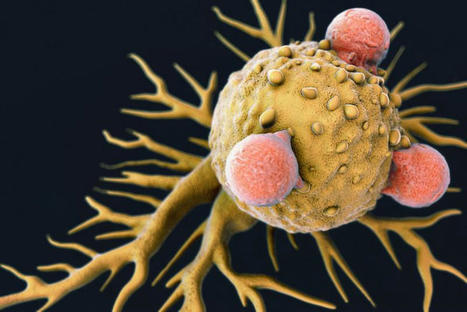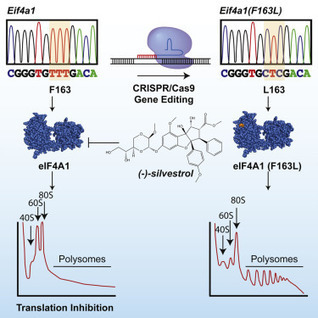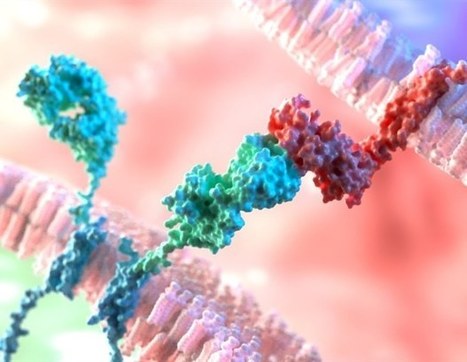Last week, PACT Pharma shared results from the first clinical trial using CRISPR to direct patients’ immune cells to treat solid tumours. The findings, which were published in an unedited manuscript in Nature, provide early proof-of-concept that patient immune cells can be reprogrammed to attack their own cancer. The results were als

|
Scooped by BigField GEG Tech |



 Your new post is loading...
Your new post is loading...















In most cases, the number of naturally occurring cancer-targeting T cells will be far too low to trigger an immune response capable of eradicating a patient's tumor(s). PACT Pharma is a privately held biopharmaceutical company developing personalized, neo-antigen-specific T-cell receptor (TCR)-T therapies to treat a range of solid tumors. Patient T cells are isolated and CRISPR-modified by electroporation with Cas9 protein, guide RNAs to knock out endogenous TCR genes (TCRα ( TRAC) and TCRβ ( TRBC)) and an HR template plasmid encoding the transgenic neoTCR. The results of a phase 1 clinical trial that were published in Nature. The researchers report that CRISPR-modified T cells were preferentially directed to the tumor and could be recovered from post-infusion biopsies in all patients for whom biopsies were available. They also note that CRISPR-edited T cells frequently accounted for the top 2-20% of immune cells in the tumor, and a reduction in tumor size was observed in some lesions in a single lung cancer patient.